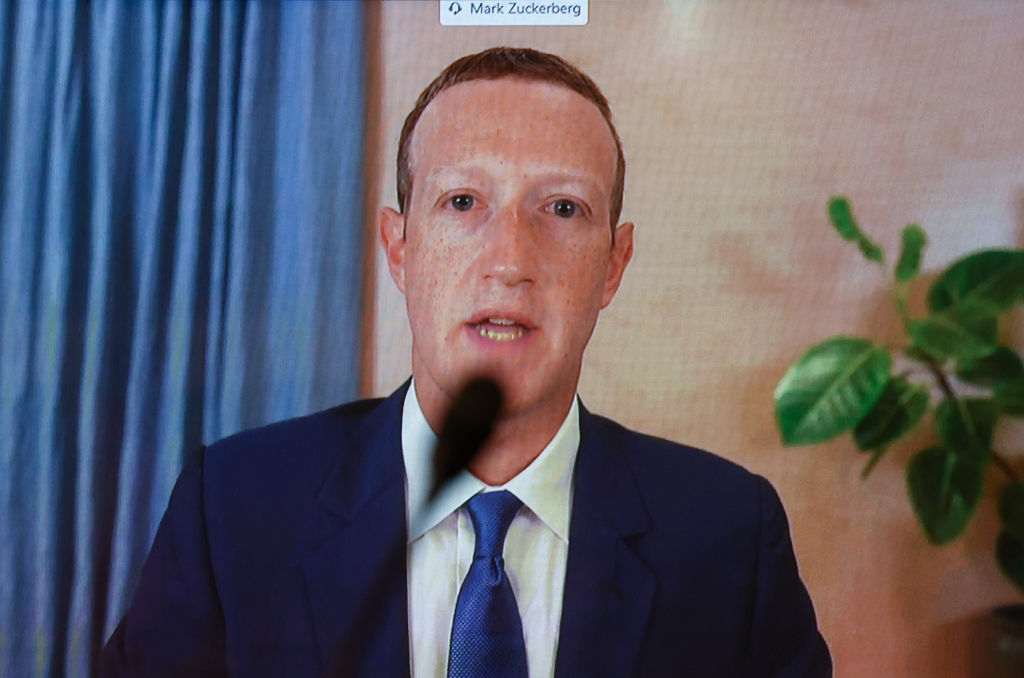Meta will be forced to sell Giphy as the CMA falls for the dangerous myth of ‘big is bad’

As the Meta-Giphy saga concludes, it leaves behind a strong yet dangerous example for other countries looking to impose structural separation remedies.
The Competition and Markets Authority (CMA) ordered Meta to sell Giphy for a “final” time. After months of appeals, Meta acquiesced, ending a two-year battle between the department and the social media giant. This decision is groundbreaking for the world of antitrust: many countries have tried to address Big Tech’s perceived threat to competition, but the UK is the first to succeed. Regulators around the world are intent on breaking up the largest tech companies, and now they have a model that works — even if it’s dangerously detached from reality.
Among other allegations, the competition regulator’s final report argues that post-merger Meta may “substantially lessen competition” in the display advertising market and that the company has a “strong incentive to foreclose its rivals from Giphy,” despite having no evidence that such outcomes would occur. It concludes that none of Meta’s proposed remedies are sufficient. According to the CMA, there is only “one effective remedy — the [full] divestiture of Giphy.”
This is the first time a regulator has upended a consummated Big Tech deal. The calls for structural separations are plentiful, but governments rarely act upon them. As noted by Yale University Professor Fiona Scott Morton, “‘breaking up’ large tech platforms is often not a good solution to the economic harms created by large firms in this sector… (because it can) harm consumers and workers and reduce innovation.” If the Meta-Giphy divestiture proceeds without substantial problems, it may serve as a precedent that such remedies are administrable.
The CMA substantially differs from other competition agencies, but it will be hard for international regulators to ignore the UK’s win when they are working to replicate the same outcomes. The consequences are far-reaching, though particularly relevant for the US Federal Trade Commission, which is currently trying to block Meta’s acquisition of virtual reality company Within Unlimited.
In a statement, Meta appeared to be disappointed but not dissuaded: “We will continue to evaluate opportunities — including through acquisition — to bring innovation and choice to more people in the UK and around the world.” This decision is unlikely to deter future deals substantially, but it will make merging parties think twice before signing on the dotted line.
As regulators exert more pressure, Big Tech companies must account for these risks. The costs will inevitably fall onto smaller firms. If this regulatory environment persists and obscures the pathway for acquisition, startups will lose one of their main exit strategies. Likewise, consumers will be deprived of what could have been, namely the development of new products and services.
Underlying the CMA’s decision is the increasingly popular belief that a company’s size is the primary determinant for antitrust scrutiny, without any regard for actual harm. If regulators in the UK and elsewhere continue to operate under the “big is bad” mantra, the technology sector will lose its ability to innovate and grow.